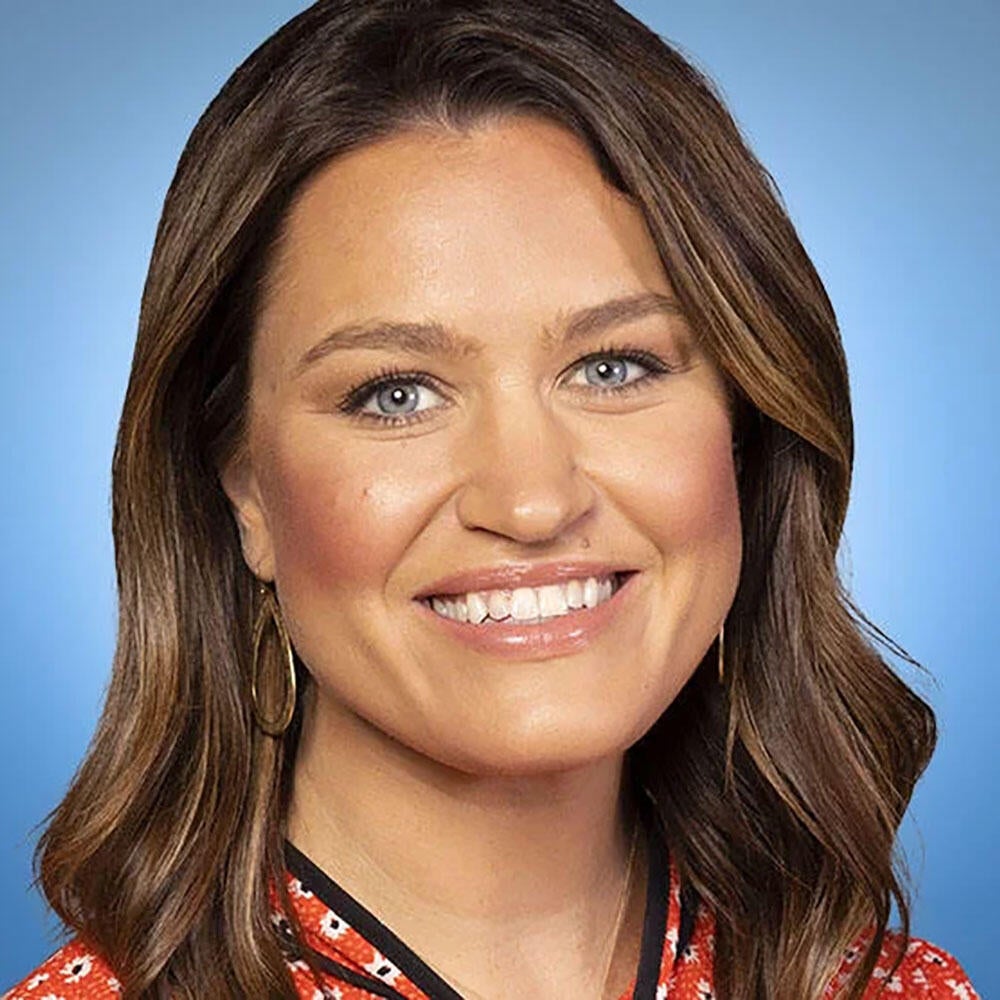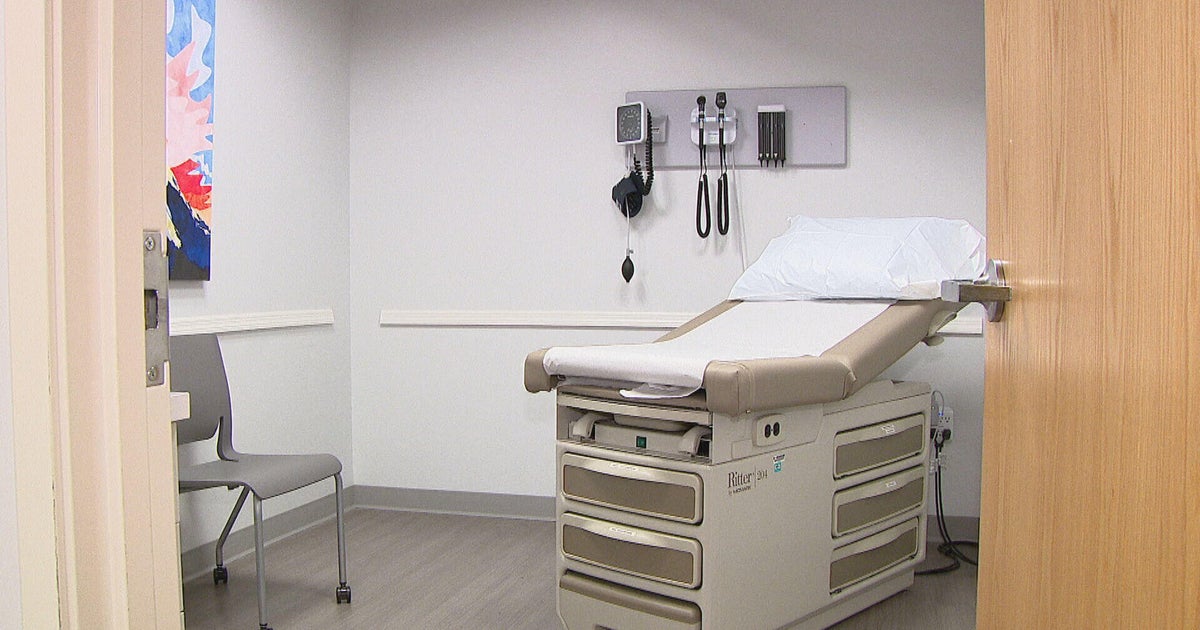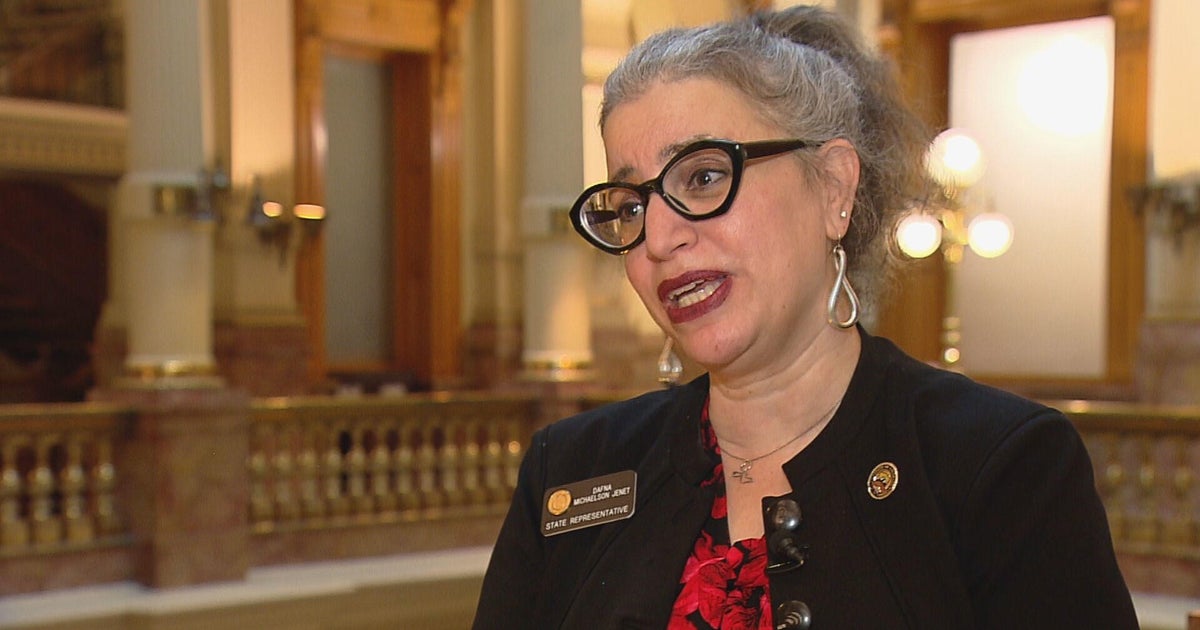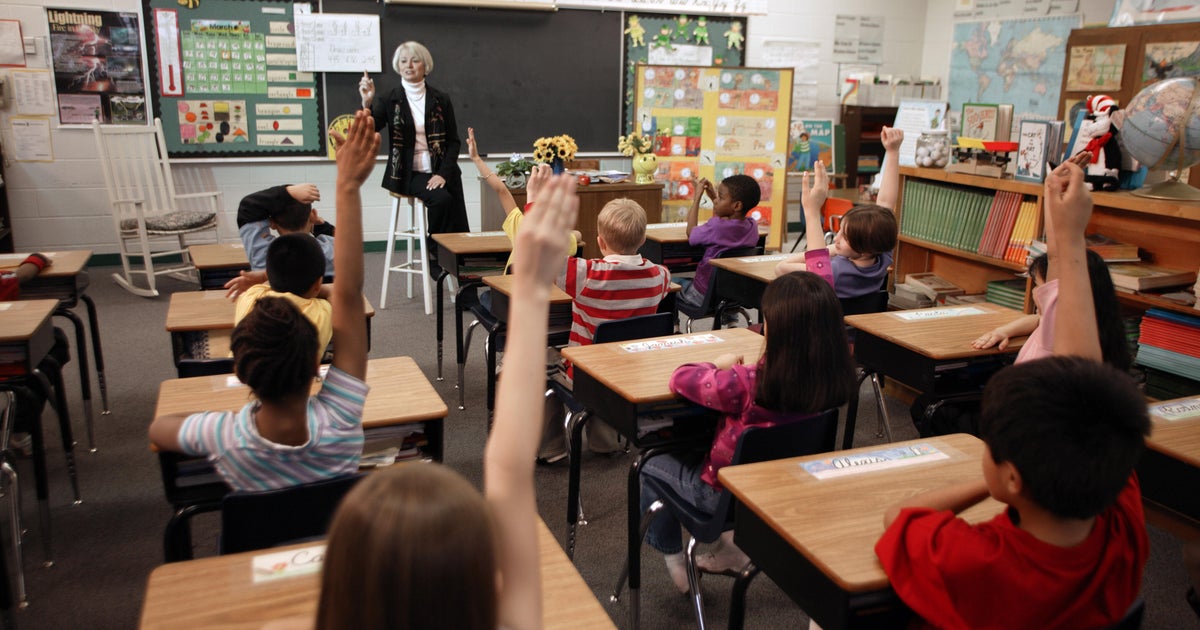Colorado Kids Count report shows "kids aren't getting basic needs met"
A report that tracks the well-being of Colorado children shows many kids and families are struggling. The Colorado Children's Campaign released its annual "Kids Count" report on Tuesday, showing the state's youngest residents are really feeling the impact of the cost-of-living increases and pandemic-era benefits ending.
Among some key findings in the report, one in three kids live in a household that spends more than 30% of their income on housing. The cost of center-based childcare is nearly half the median income for a single-parent family, and one in nine children in Colorado does not have health insurance.
That latter statistic has a lot to do with what's being called the "Medicaid unwind." As of last spring, families are being disenrolled from pandemic-era provisions that kept them covered during the COVID-19 public health crisis. That has community clinics like Kids First Health Care in Adams County working in overdrive to get Colorado children the care they need.
"Kids aren't getting their basic needs met like their well-checks, their immunizations, their physicals," said Bobbi Garcia-Abrego, an enrollment coordinator with Kids First Health Care.
It's an issue Garcia-Abrego sees just about every day. Colorado children are in need of medical care, but their families are overwhelmed by the loss of coverage.
"The application process can be grueling at times," she told CBS Colorado's Kelly Werthmann. "These new renewal applications that are sent to families, depending on your household size, can be upwards of 17 to 30 pages long."
Nearly 147,000 children in Colorado have been disenrolled from Medicaid since the state began termination coverage in June of 2023, per the Kids Count report. However, many of them are still eligible for coverage but have been wrongly terminated due to administrative errors or, Garcia-Abrego explained, because of paperwork issues.
"If families moved, or if they had a family change or an income change, and they're not supporting that evidence to the state and county, then they fall off of these programs that they need," she said. "Some families don't even know they've lost coverage."
Garcia-Abrego added it's not too surprising so many Colorado children are without health coverage given the end of the automatic Medicaid renewals. But, she said she is doing all she can to help those families apply or re-apply.
"There's a huge backlog and I think that time of getting families re-enrolled is what's taking a really long time," Garcia-Abrego said. "Luckily, we'll still see our patients without that active insurance just in the hopes that I can get them back up and running."
There's also a shortage of workers at the county at state levels, Garcia-Abrego said, to help families apply for coverage. While there are eight Kids First Health Care community clinics in Adams County, they will help families from across Colorado.
A big challenge for many Colorado families is the cost of living. Some face the difficult choice of paying their rent or mortgage versus getting their children the medical care they need. In 2022, according to the report, one in nine children live in poverty and 6% of Colorado kids face "extreme poverty." That's defined as a family living on less than $14,000 a year – and 66,000 children in the state live in extreme poverty. The report shows that the number hasn't changed much over the last decade and Colorado is making little progress in reducing poverty among kids.
There are some bright spots in the report, however, including more equitable funding for schools across the state, greater access to mental health resources, and tax credits to help low-income families and childcare workers.










